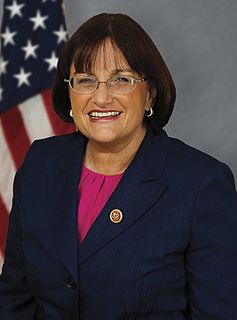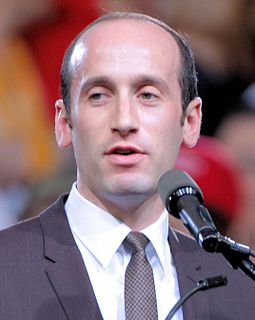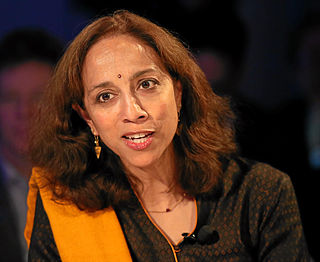A Quote by Annie Lowrey
Moderately priced homes might draw working families in a metro area. And having rising incomes at the top might price lower-income families out.
Related Quotes
The American president has to both keep our families safe and make the economy grow in a way that helps everyone, not just those at the top. That`s the job. I have a strategy to combat and defeat ISIS without getting us involved in another ground war. And I have plans to raise incomes and deal with a lot of the problems that keep families up at night.
For the workers and their families, being able to bring home a living wage helps their families and, by extension, helps our economy. Seventy percent of our economy is consumer-based. We know that when lower- and middle-class families have money and disposable income, they spend it. That puts money back into the economy. It's a win-win for everybody: Not just for the individual, not just production at a specific company (like Nissan), but for the greater good.
Get out of debt. In a world of stagnant incomes and rising core expenses like mortgage and health care costs, that's a lot easier said than done. The middle class is under enormous pressure. But families can stop the bleeding by reducing their reliance on debt wherever they can. They can also start fighting back by taking a hard look at whom they do business with and rethinking whether they want tricks-and-traps banks to hold their money. They can also demand that public officials take the side of families over the side of banks.
































